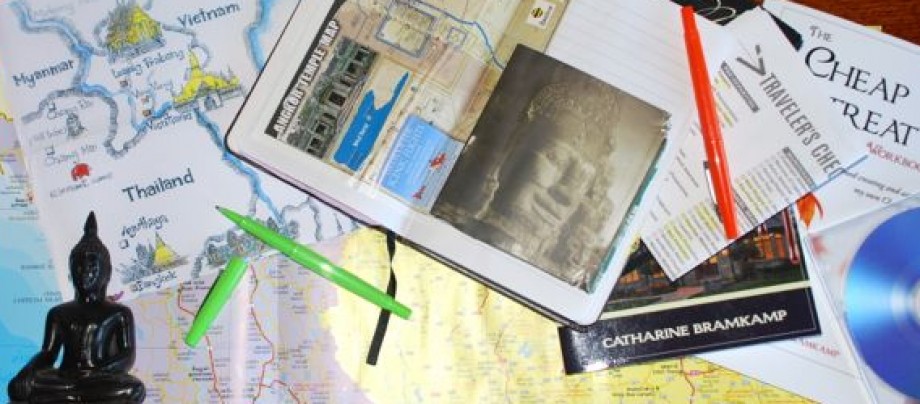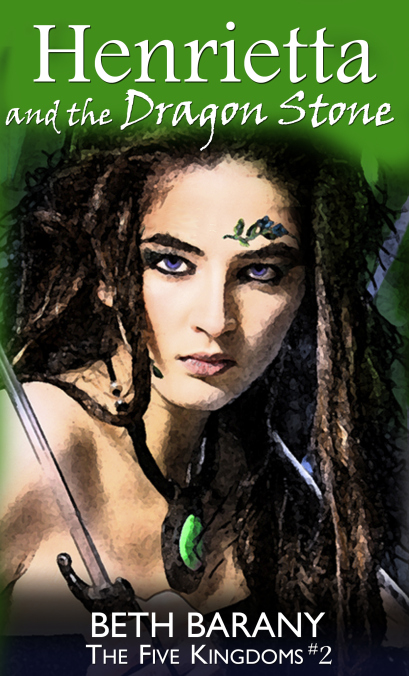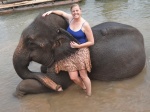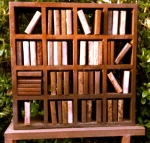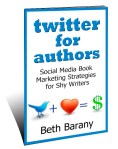 Sometimes I cannot ignore the signs, even if you work really, really hard.
Sometimes I cannot ignore the signs, even if you work really, really hard.
The first sign was my friend Beth Barany just published her excellent book Twitter for Authors and she asked me to review it.
Then my client Julia Stege, who is on the verge of launching her first book, pinned me down (and oh lord that’s something else to manage) and offered to help me with whatever social media eludes me.
And that was, again, Twitter. As if a little bird told them.
For good information, reference Beth’s book and Julia’s Web site.
If you’re flummoxed about how to approach the damn thing, stay here, it won’t take long.
Once I realized that Twitter was really just a very large cocktail party juiced by illegal steroids, it made it easier to answer one of the first questions in Twitter for Authors: What kind of relationship do you want with Twitter?
Up until now, I’ve treated Twitter as a seething noise of one night stands. Then I thought it was only for other people because the music was too loud. Finally, with the party idea to help, I realized that what I wanted now was connection – even a few minutes connecting and conversing is valuable and worth the time spent. How many times do we leave a party satisfied because of a few marvelous one on one conversations?
To find those connection Julia told me to find and follow people I find interesting and who, therefore, would be interested in what I have to offer. And go ahead and have some fun (this was recommended by both these experts). Just as you have more fun discussing Renaissance Art instead of networking for your insurance business, a Twitter conversation about your favorite show or film may be just the connection you need.
Share the love. When we introduce people at a party we often say – hey, I think you’ll like Sue, she quilts just like you – we are part of the connections and will benefit even as we hook up our pals.
Like every advice column we’ve ever read, Twitter follows the age old trope of be interested in other people and they in turn, will find you flipp’n fascinating.
So limit how much you talk about yourself (As soon as you start over promoting your products, you web site and yourself, everyone else will stampede for the stuffed mushrooms). Share something, quote your friends, promote their books, it will make you look that much better.
I love a party, but if you don’t, then (staying with the party metaphor) Twitter maybe exactly the thing for you. You can take your time, respond when you want, and join conversations on your own terms. You don’t even need to worry about your hair.
Okay, one more question from Twitter for Authors; What does winning the social media game look like to you?
What does wining at a party or networking event look like? Is winning walking away with a date for the next night? Finding the perfect mate? Finding the perfect job or employee?
I think Beth makes a good point, if we don’t know what we’re after, it’s hard to get terribly involved or enthusiastic about the game.
So get Twitter for Authors, figure out what you want from Twitter and join the conversation. Talk to me, I’ll be looking for you.
@Cbramkamp
Beth will discuss her book and how to Tweet Better – on Newbie Writers Podcast Friday August 23rd. I can never keep track of what episode number it is. Just head to Newbie Writers.
I am migrating this blog to be part of NewbieWriters.com Until we have complete lift off, both blogs will publish simultaneously. Sorry Panda.
You are welcome to re-post this article in your own blog or newsletter – please include this entire statement, “Catharine Bramkamp is a Writing Coach and podcaster, find out if you’re ready to go from Newbie to Known visit http://www.yourbookstartshere.com or bramkamp@yahoo.com for a complimentary consultation.”
